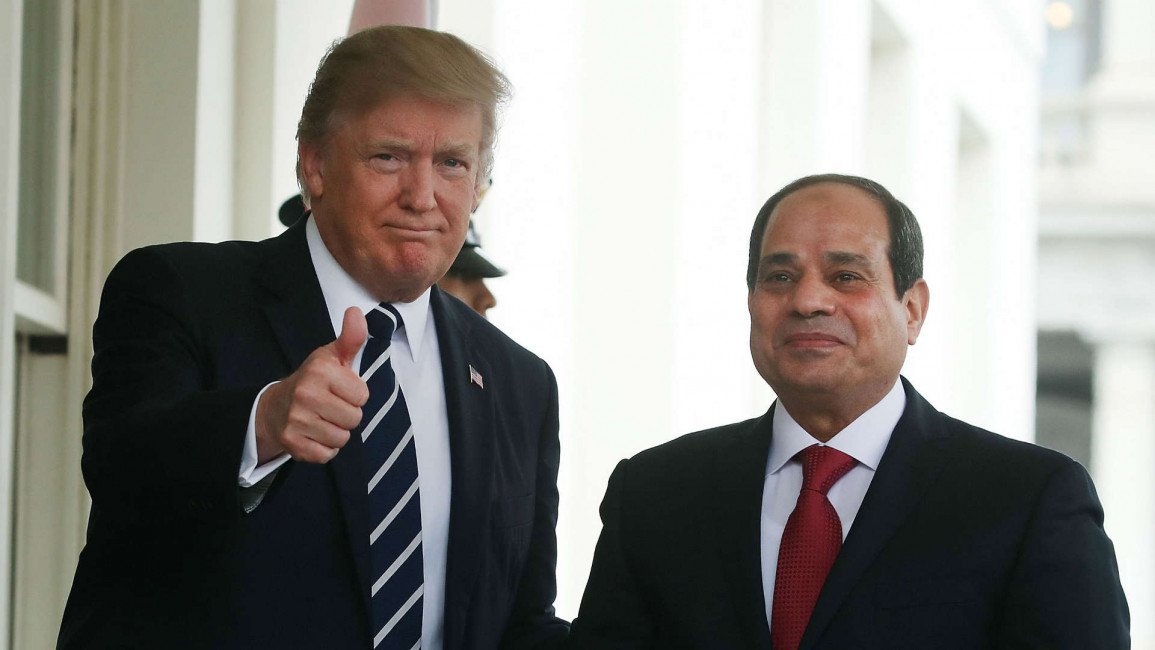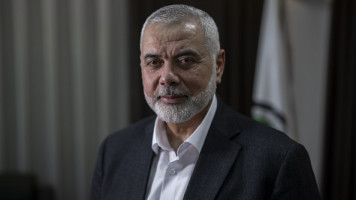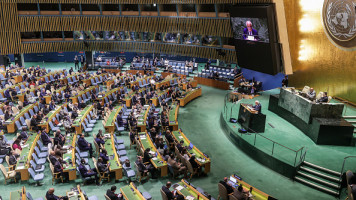UN report to reveal Egypt's role in covert North Korea arms trade
A UN report this month will reveal Egypt's role in the covert - but lucrative - international trade of North Korean weapons, with revelations that will likely further embarrass the Cairo regime.
It is claimed that Egypt has become an important trans-shipment point for North Korean weapons to North African and the Middle Eastern states, allowing the international pariah to side-step UN sanctions, the New York Times reported.
The report - due to be released in the coming weeks - centres on the case of a North Korean freighter, intercepted off the coast of Egypt in 2016. On board, tens of thousands of rocket propelled grenades were discovered hidden beneath a cargo of iron ore.
The weapons were marked for the Arab Organisation for Industrialisation, a state-run defence industry overseen by President Abdel Fatah al-Sisi.
Egypt reportedly only acted after the US made it clear to Cairo that it was tracking the North Korea freighter and the transaction was in violation of UN sanctions.
After this, US military aid to Egypt worth around $291 million was frozen and demanded Cairo cut ties with Pyongyang.
The incident highlighted Egypt's role in selling North Korean weapons on the international market, which has been banned by the UN.
North Korea is believed to be continuing to provide ballistics technology and missile parts to Cairo, with the two countries remaining allies since Egypt's war against Israel in 1973.
Egypt has told the US it no longer has economic and military ties with North Korea, but the report will reveal more details of this covert relationship which could further embarrassed the Sisi regime.
Egypt is said to have allowed North Korea's embassy in Cairo to act as a showroom for cut-price weaponry to prospective buyers from the regime.
Among those North Korean is believed to arm is the Syrian regime, which has embarked on a brutal war against rebels and civilians, leading to around half a million deaths since 2011.
A report has suggested that North Korea provided technology needed to manufacture chemical weapons.
Scores of chlorine - and a number of sarin - attacks have been launched on opposition areas killing hundreds of Syrians.
North Korean diplomats also went to Sudan which was covered by a UN trade embargo to discuss the sale of guided missiles.
Pyongyang embassy officials are believed to use diplomatic cover to pursue arms deals with African and the Middle Eastern states.
Egypt has a long relationship with Pyongyang, despite Cairo remaining a key US ally.
North Korea has built a large statue commemorating the 1973 War - seen as a victory by many Egyptians - in Egypt and a military museum in Cairo.
An Egyptian telecommunications’ tycoon helped build North Korea's mobile phone network.
Money that North Korea earns from the sale of arms abroad are seen as an invaluable form of hard currency for the cash-starved Pyongyang regime.
North Korea is widely viewed as the world's worst abuser of human rights with little or no legal protection for citizens.
Egypt's regime has also been widely criticised for its appalling human rights record, particularly after the 2013 military coup against the civilian government.



